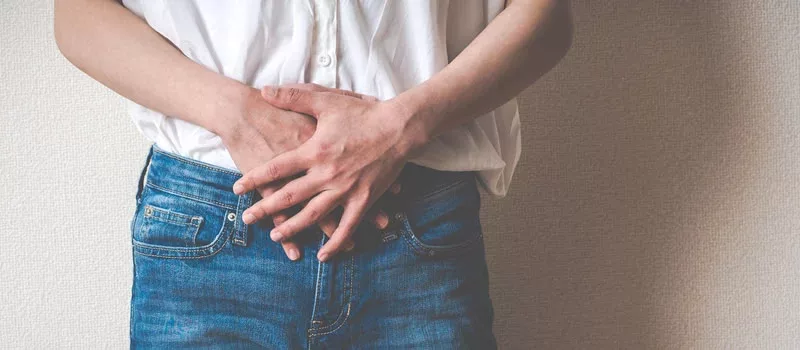
Cystitis causes and treatments
In this article
What is cystitis?
Cystitis is the medical term for inflammation of the bladder. Most of the times it is caused by an abnormal growth of bacteria inside the bladder. Bladder infections are one of the most common bacterial infections to affect people, with up to one-third of all women having at least one infection at some point in their lives. Less commonly, cystitis may occur as a reaction to certain drugs, radiation therapy or potential irritants, such as feminine hygiene spray, spermicidal jellies or long-term use of a catheter.
Symptoms of cystitis
Cystitis is classified as either simple cystitis or complicated cystitis.
Simple cystitis usually affects healthy women with no other health issues affecting the urinary tract. Simple cystitis occurs when bacteria migrate to the bladder, causing an infection.
As cystitis is rare in men, they’re included in the complicated cystitis category. This category includes men and women who have a health condition affecting the urinary tract, such as nerve damage, contributing to their development of cystitis. This category is usually more difficult to treat and requires medical investigation and assistance.
Symptoms of simple cystitis
Simple cystitis causes inflammation (irritation and swelling) of the bladder and urethra. Leading to the sudden development symptoms, which can include:
- Increased need to urinate, although only small amounts of urine are passed each time
- A sudden need to urinate
- Pain, burning or discomfort during urination
- Urinating at night
- Pain in the lower abdomen
- Blood in the urine
- Cloudy urine that has an unpleasant odour or smells unusually strong
- A bladder infection in a young child may cause new episodes of bedwetting as the only symptom.
Risk factors for simple cystitis
Women are more predisposed to simple cystitis due to having a shorter urethra than men. Other risk factors include:
- Pregnancy — Pregnant women are more vulnerable to cystitis as the growing baby can put more pressure on the bladder.
- Sexual intercourse — Sexual intercourse can propel bacteria into the bladder leading to infection.
- Being elderly — The elderly are more vulnerable to cystitis due to bladder changes as you age.
- Inadequate water intake — Not drinking enough water can prevent bacteria from being flushed out through the urinary tract.
- Poor toilet hygiene — Wiping toilet tissue from back to front after having a bowel movement also can transfer bacteria from the rectum to the urethra. For this reason, women should always try to wipe front to back.
How to manage simple cystitis
If you experience recurrent bouts of simple cystitis the following lifestyle changes may help reduce your incidence of infection:
- Drink plenty of fluids — Drink two-three litres of water per day.
- Urinate frequently — Urinate frequently to flush out bacteria. Holding urine allows bacterial to multiply and may increase your risk of infection.
- Use sanitary pads — Some doctors recommend sanitary pads over tampons to help reduce the risk of infection. Change your pad each time you use the bathroom.
- Look after your vaginal flora — Avoid bubble bath liquids, bath oils, vaginal creams and lotions, deodorant sprays or soaps as they alter vaginal flora and may ultimately result in cystitis.
- Take showers — Take showers instead of baths.
- Sexual hygiene — Keep your genital area clean. Clean your genital and anal areas before and after sexual activity with warm water, avoiding soaps. Urinate before and after sexual activity. Drinking water after sexual activity may help promote urination.
- Toilet hygiene — Wipe from front to back after using the bathroom to prevent the spread of bacteria to the urethra.
- Avoid tight-fitting pants — Wear cotton-cloth underwear and change your underwear at least once a day.
Cranberry for simple cystitis
Cranberry has been used as food and medicine for centuries. Cranberry is known medicinally for its anti-adherence properties. Cranberry increases the acidity of urine, inhibiting the ability of bacteria to adhere to the bladder or urethra, so it’s more easily washed out.
Results of a meta-analysis published in 2017 showed a twenty-six per cent reduction in the risk of medically-diagnosed cystitis recurrence for healthy women who used cranberry.
Supporting urinary tract health by drinking plenty of water, practising good hygiene and can help reduce your risk of simple cystitis. Cranberry supplementation may be of benefit to reduce the incidence of medically-diagnosed cystitis. Speak to your healthcare practitioner to see if supplementation is right for you.
Always read the label. If pain persists for more than 48 hours, consult your doctor. The presence of blood in the urine warrants immediate medical attention. Follow the directions for use.